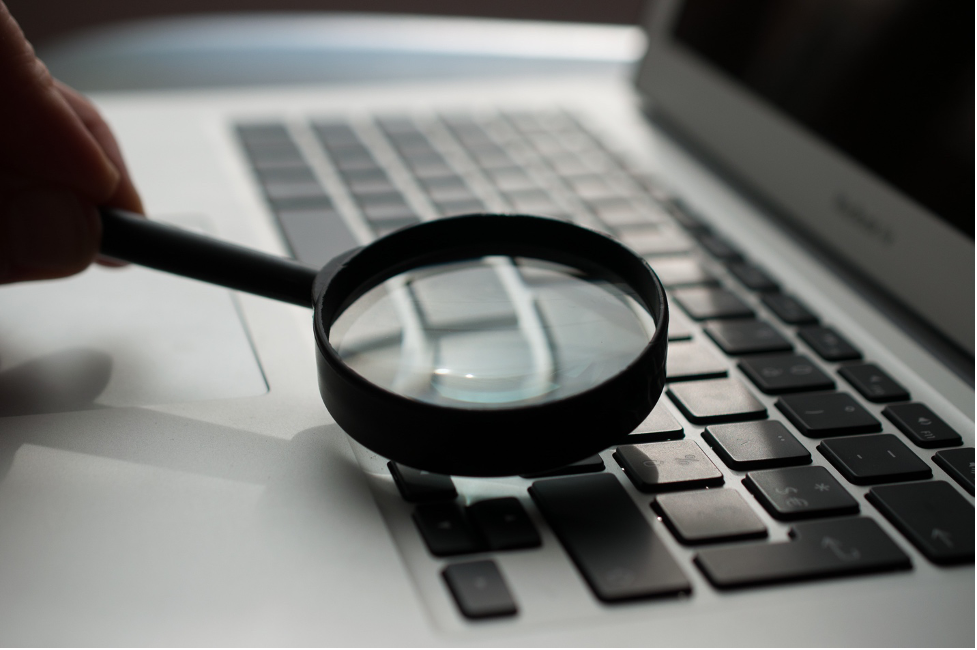Businesses and individuals are constantly at threat of fraud, especially in today’s digital world. Fraud may look different for different people and for businesses of differing sizes, but it can all lead to financial loss, legal issues or even bankruptcy. Whether a company is accused of fraud or is the victim, fraud examination is a tool that can be utilized to determine whether fraud actually took place, where and when it occurred and who was the perpetrator.
Most of the time, accounting or financial experts serve as fraud examiners, as it takes extensive knowledge and understanding of complex systems to get a full look into the actual act of fraud. A keen eye for detail and patience to sift through piles of financial documentation is essential for a thorough investigation. This process is often referred to as forensic accounting.
How Is Fraud Defined?
When it comes to financial fraud, the definition involves intentional deception, either by purposely committing a fraudulent act or omitting important processes or documentation that leads to the economic loss of a victim and the gain of a fraudster. When completing a fraud examination, examiners may look for three basic types of fraud that commonly impact businesses:
- Misleading Financial Statements: Those at the head of a company may use misleading financial statements to make financial decisions on behalf of the company. This may include overstating a business’ assets, understating its liabilities or falsely claiming investment opportunities.
- Corruption: Accepting payments for favors either on behalf of the company or as an individual using company property, assets or communication is corruption. It can lead to big problems for companies of all sizes.
- Misappropriation of Assets: When an employee or manager at a business intentionally mismanages a business’ finances, it is considered asset misappropriation. This may involve skimming revenue, committing payroll fraud by keeping some for themselves or stealing inventory and then selling it and keeping the profit.
There are many different types of fraud that a company may experience, but these tend to be the most common and are what a fraud examiner is likely to be on the lookout for.
What Are a Fraud Examiner’s Responsibilities?
While certified fraud examiners are often financial experts, they also often have extensive experience in forensic accounting, investigative techniques, law, criminology and auditing. They are required to closely examine a business’ finances as a type of detective to pinpoint evidence and write lengthy reports on what turned up during the course of investigating financial statements.
Many businesses go through periodic audits to ensure that everything is as it should be. However, a basic audit may not be able to catch instances of fraud that could have fallen through the cracks. Fraud examiners can use more intensive methods of investigation to find evidence that an auditor may not, which may involve obtaining statements from all parties involved using discovery, issuing subpoenas for interviews, performing complex digital searches of documentation and bringing in experts to track down evidence.
How Do You Know When You Need a Fraud Examiner’s Help?
Businesses that have confirmed, or are suspicious of, financial fraud should contact a fraud examiner as soon as possible. When you work with a certified fraud examiner, you can hand over the complex process to someone who truly understands the task at hand so that your business can continue on as normally as possible.

